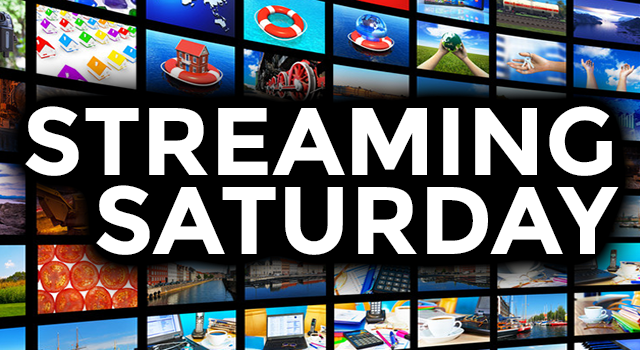Yes, streamers, four cities in Indiana are suing some streaming services and satellite TV companies over cable “franchise fees.”
Wait! Some cities are suing the streaming services? And satellite TV companies? Why? Which ones? And what will happen? Okay, let’s just slow it down a bit. While I enjoy streaming, I’m not an attorney. That said, I’ll do my best to explain the various legal machinations involved in this lawsuit. I’ll even put it in a list to (hopefully) make it easier to get the point across. You might remember from another post of mine that “people like lists.” It’s true, so here goes:
-
The cities of Indianapolis, Evansville, Valparaiso, and Fishers filed suit.
-
The lawsuit names Netflix, Disney, Hulu, DIRECTV, and DISH Network.
-
It was filed on August 4 in Indiana Commercial Court in Marion County.
-
The cities want the companies to pay cable-franchise fees outlined in Indiana’s Video Service Franchises (VSF) Act.
-
The act requires payments of 5 percent of gross revenue in each city.
From what I can tell, the cities are basing their lawsuit on a rights-of-way argument. In essence, they allege that the streaming services and satellite TV providers use the public rights of way to offer video services. Internet service providers typically charge over $75 a month to provide service to homes. Some of that goes to cities and towns for permission to run fiber and copper throughout neighborhoods.
As you probably know, many cable companies are pivoting to internet-first services. Perhaps officials in these cities fear they’ll lose out on fees. That might be the driving force behind this lawsuit. Some people might argue this is being done for the “public good,” while others might consider it “blackmail” or “extortion.”
I don’t know which side of the fence you are on this issue. Heck! I’m not sure I know which side I’m on either. I do know how I feel about it though. And while facts might not care about my feelings, this is still my weekly column, so I’ll share my thoughts on what I think could happen if the cities win this lawsuit. And yes, I’m putting it all in a list for your benefit and mine:
-
It won’t affect me initially because I live in Michigan.
-
People who live in these four cities will likely see their streaming costs increase.
-
Officials from other municipalities will sue these companies for a chance to feed at the trough.
-
If they win, streaming and satellite costs will go up to cover the increased cost of doing business.
-
Because of rising costs, I might have to cut some of my beloved streaming services.
It might not come to this though.
More than a few telecom attorneys feel confident that the lawsuit will fail. They cite the fact that the Federal Communications Act considers terms such as “cable system” and “cable operator” in physical term. According to the law, a cable system is defined as:
“…A facility, consisting of a set of closed transmission paths and associated signal generation, reception, and control equipment that is designed to provide cable service.”
These attorneys say that streaming and satellite services are not cable operators according to this definition. Because of this, these companies aren’t subject to any local franchising rules. And, since broadband isn’t considered a cable service, streaming services don’t offer video over a “cable system.” At the end of the day, it will be up to a judge and (maybe) a jury to determine whether that’s true.
Then again, maybe not.
The city of Creve Coeur, Missouri filed a similar lawsuit in 2018. Netflix’s attorneys sought dismiss it in federal court. Rather than solving the matter one way or the other, the case was remanded to Missouri’s 21st Judicial Circuit. The case is still pending in that jurisdiction, which casts doubt on how successful (or not) the Indiana cities could be with their lawsuit.

